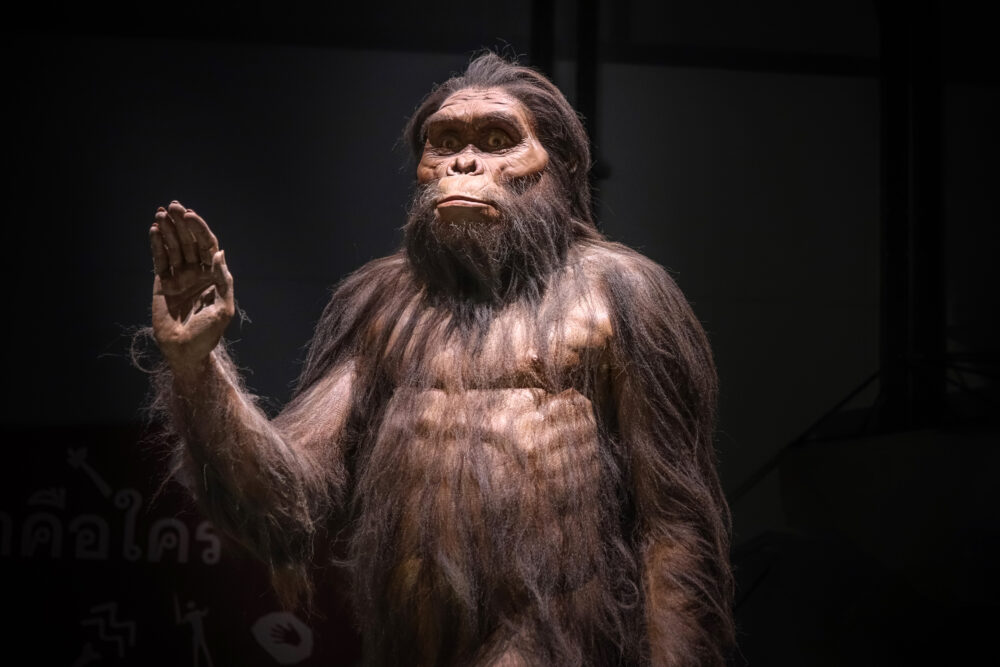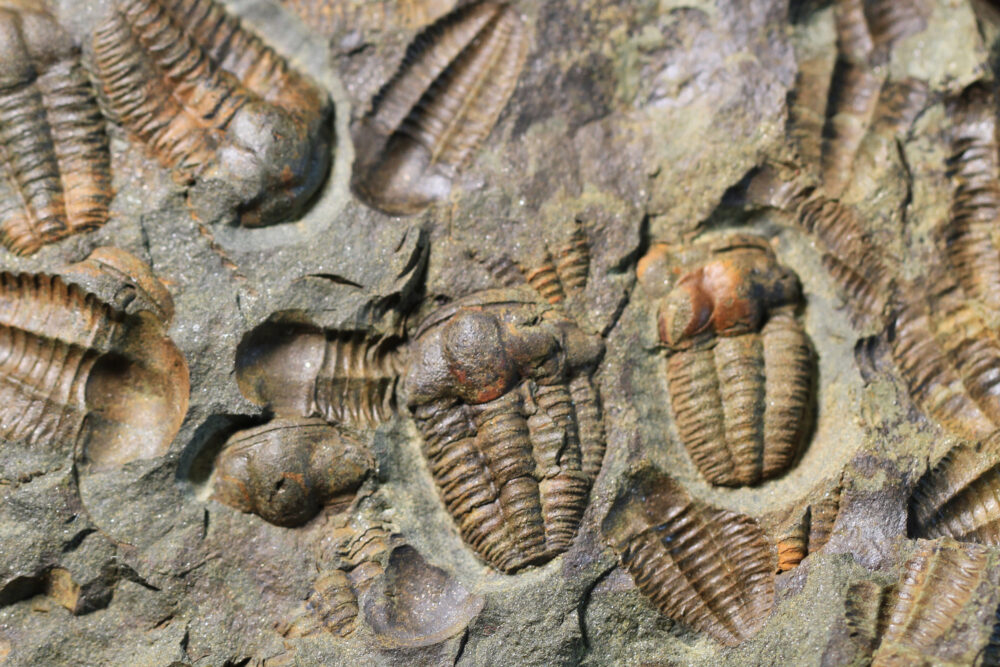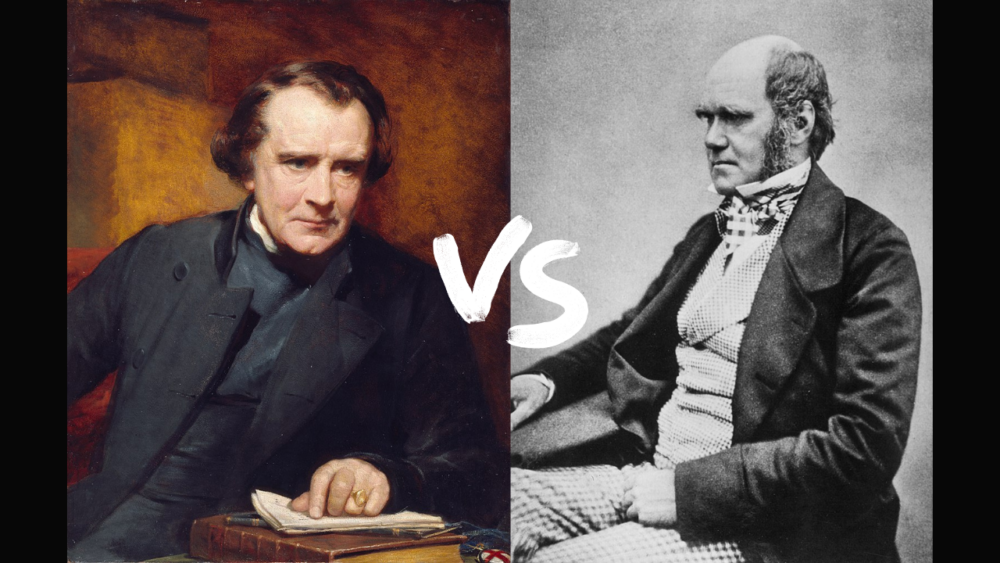


Casey Luskin Calls on the Smithsonian to Get It Right on Human Origins

More Than a Thumb: Integrated Design in the Giant Panda

Casey Luskin on Intelligent Design, Evolution, and the Fossil Record

New Study Triggers Key Origin of Life Questions

Casey Luskin: The Origin and Uniqueness of Humans

Samuel Wilberforce Critiques the ‘Unbounded Assumptions’ of Darwin’s Theory of Evolution

Stephen Meyer and Ben Shapiro Talk Intelligent Design
On this ID The Future, we bring you the first half of Daily Wire host Ben Shapiro’s 2019 interview with philosopher of science Dr. Stephen Meyer on The Ben Shapiro Sunday Special. This exchange happened five years ago now, and we thought it was a good time to put it out there again for those who may not have heard it yet or don’t remember it. Dr. Meyer considers this one of the best interviews he’s done on the subject of his second solo book Darwin’s Doubt. Shapiro was very well-prepared and asked great questions, resulting in a thought-provoking and thoroughly engaging hour-long conversation. We’ve got the first half of it for you today, followed by the concluding half in Read More ›

Giving Up Darwin’s Brilliant and Beautiful Theory
